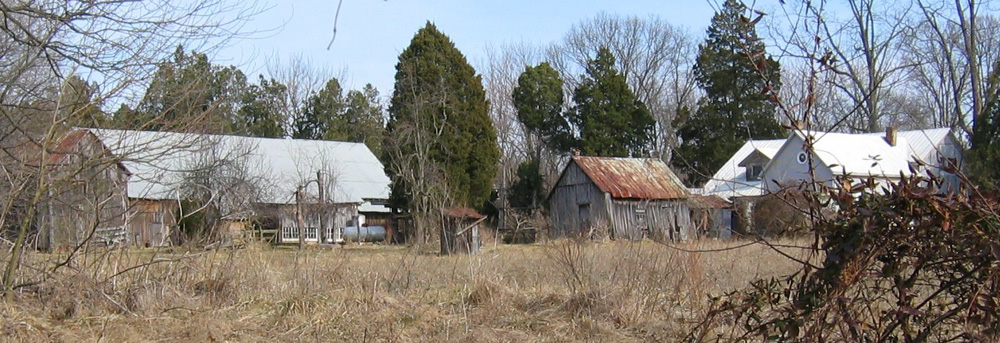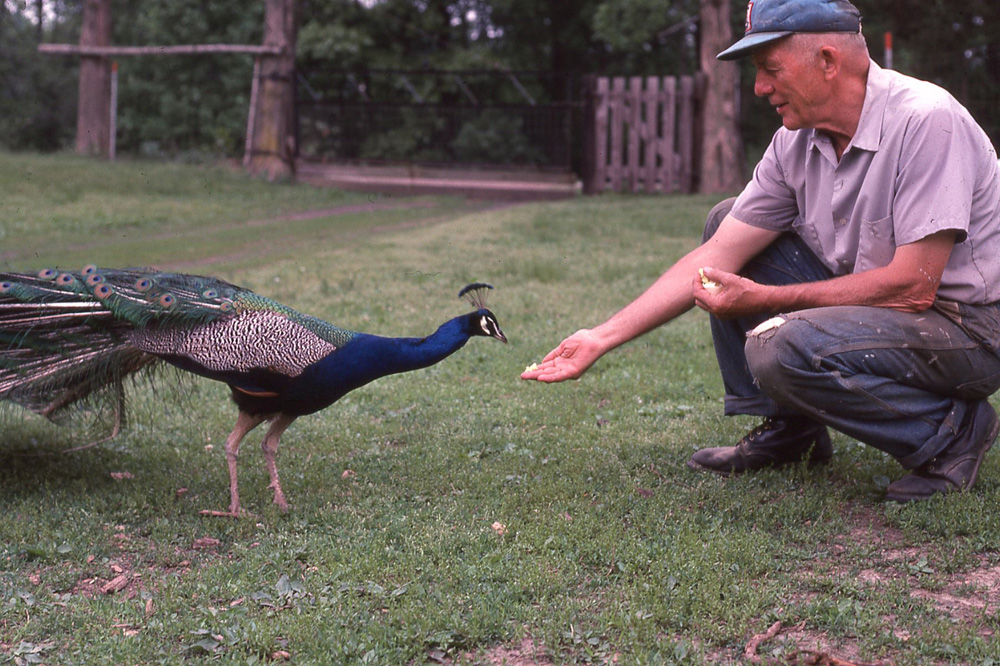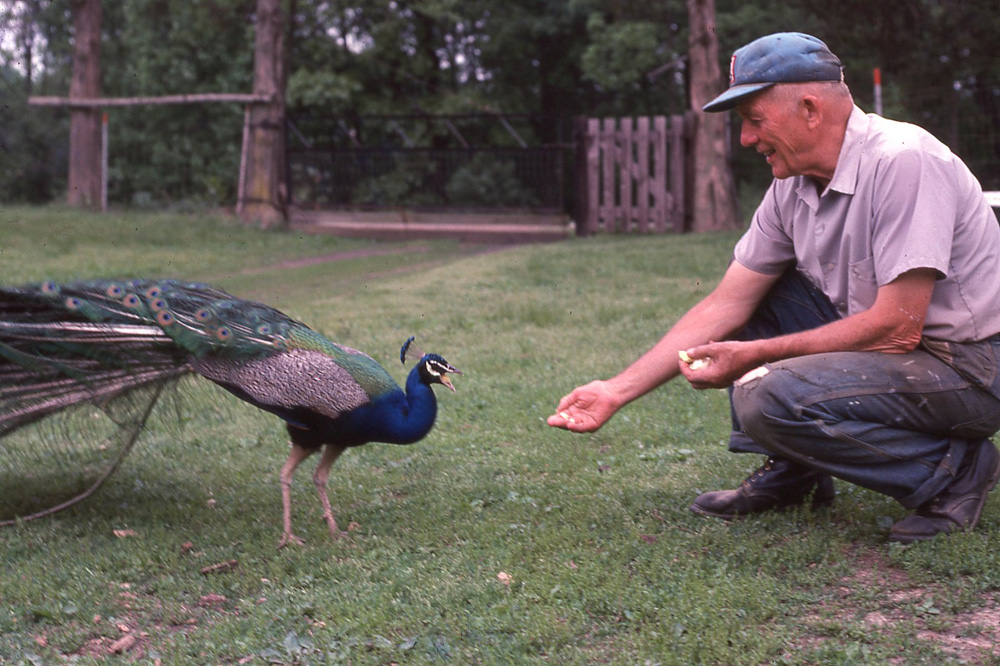
My friend Henry Schnautz told me he had dated the daughter of the famous Mexican novelist B. Traven. In fact they had been close. I didn't know who B Traven was. I knew he had written the book "Treasure of the Sierra Madre", made in to a movie with Humphrey Bogart. It was the 1980s I first heard the story. Towards the end of Henry's life, in 2008, I read the wikipedia page for B. Traven and wanted to know more. The B. Traven identity was one of the great literary mysteries of the 20th century. I had no reason to believe Henry's version was not true, but quickly reading a few books, I found his story was completely unknown.
Traven had no daughter, none that he claimed anyway. He had a translator in Mexico, his business agent, the same woman Henry had known, Esperanza Lopez Mateos. She was legendary, a mountain climber, said to converse and translate in several languages, her brother became President of Mexico after her death. She was a second cousin and sister-in-law to the famous Mexican cinematographer Gabriel Figueroa, lived in the same house with him, her house. She was friend and speech stenographer to Vicente Lombardo Toledano, "el jefe marxista mexicana". Esperanza died of her own hand in 1951, a mysterious incident seldom described in detail.
Henry's wife told me to go out to Henry's house, now vacant, and look around. At first I thought there was no use. Thieves had been all through it on multiple occasions. After Henry left someone had made attempts to clean it up. Moving and throwing out items. I had lived in the neighborhood earlier and liked to walk around on Sunday mornings through the field up to the house from the back. In the old summer kitchen, a large barn like building detached from the house, now leaning badly but the massive timbers still holding, I found a barrel of old letters. The first one I picked up was a postcard from Germany during world war two to his mother. Henry wrote how depressingly futile it was to see the heritage, the buildings destroyed. ("the work of a thousand years is nothing but rubble." - qtd in William Shirer) Henry's grandparents were all from Germany. I thought this should be saved, not thrown out to be dumped on a fire. But that was several years before I got involved.

Henry Schnautz farm - Feb 29, 2004
In spring 2008, Ben Labudde, Henry's true friend, met me there, even hid a key for me for a while. He laid his hand on a box and said this looks like Trotsky stuff. Henry was a packrat. He saved things. Lucky for me there was a pile of groundhog shit in the attic right in front of the cabinet that held a satchel that had been tucked far in the back and apparently forgotten and not opened since 1946. Those were heady days finding angry letters from B. Traven, love letters in spanish. I will never know how much was lost, but it was amazing to find what was still there.
Henry Schnautz farm - April 10, 2004
Everyone who knew Henry well knew that Esperanza was Traven's daughter, but almost everybody was probably like me and did not know who Traven was. Esperanza was not Traven's daughter. There is no evidence that Traven and/or Esperanza concocted this lie for anyone's benefit except Henry. But the story fits perfectly with Traven's paranoia that his German heritage would be found out and he would be expelled from Mexico during world war two and returned to Germany. Traven had enemies in Mexico and had escaped a death sentence in Germany. He wrote of brutal wage slavery of the Indian people. He wrote a book called Government, not flattering the authorities. In his first Spanish translation, made by Esperanza, where he introduced Esperanza to the literary world, Traven says he is an American and his first name is not Bruno. Previous bootleg spanish translations were in error, he said, for instance when he wrote about a government in the south, he was not talking about Mexico. Esperanza is curiously put on a pedestal in this book with her own logo on the title page.
What seems like a preposterous story that only a buffoon would believe, seemed plausible to me. One - Esperanza is blonde. She is European looking. She does not look like she has any indigenous bloodlines, from her photos. In fact she looks like Traven. Two - her own birth is shrouded in complete mystery. Three - Traven gave her some copyrights to the spanish editions as if she were an heir, and there was a curious beginning of their relationship with what sounded like a made up cover story. The first Spanish translation has her logo on the title page and a dedication to mothers, possibly the only Traven book with a dedication. On the other hand, even the most casual reading of the Traven attempted biographies showed that he was an habitual liar, that he was almost certainly in Germany when Esperanza was born, and no one else had even a single line of support for this theory.
The details of Henry's story of Esperanza's parentage change over time. The first story is that her mother and father are who they are supposed to be, but her father was killed in revolutionary conflict. This was the first story he wrote home to his mother in 1941. The next story in 1942 is just a snippet, because you were adopted, he wrote to Esperanza, does not make you slave. You do not have to sacrifice your life to pay back a debt. In other words, the woman who raised Esperanza is not her biological mother. What is curious about that story, is that it is essentially the same one that Gabriel Figueroa told and he believed all his life, lending it a lot of credence. The next and last story told by Henry apparently he learned from Esperanza in December 1942, after her trip to nurse a supposedly very sick Traven. Traven had been in Mexico, he married an English woman, details, as a German navy captain he left for world war one, and his wife died in childbirth. The child was taken by the doctor and his wife. It's a very dramatic story. At some point I felt bad that Henry was telling that story in a letter still yet in 1992.
But something is wrong. Gabriel Figueroa, whose credentials to know the truth are very good, believed that Esperanza was adopted. In both his and Henry's story a Spaniard figures large who lives on a Sugar plantation in the south of Mexico, Gonzalo de Murga. This is Esperanza's father, says Gabriel, and it appears to be true. He was an enthusiastic and unapologetic lover of women. It appears to be something of a code of living for him. In 2005 Regina Santago Nunez, a granddaughter, wrote a book on him claiming that he was the father of both the future president Adolfo Lopez Mateos and his sister Esperanza. This Spaniard also occurs in Henry's tale, as a friend and his home as a place Esperanza knew as a child. Her book is in Spanish, so I apologize if I missed it, but she does not appear to have the final fact, in 2005, needed to put this story together.
I started putting the Henry archive on-line in spring 2008. I already had a website for my firefly photography, and I had enough training to enjoy making web pages. Worldwide instant publishing. I thought of it as on-line notes that could collect the days work, usually organized by date of the source. Each page dedicated to one document. I knew I had great material but not publishable, not a story, more messy, but more real than a sanitized, simple plot. And I was in the middle of the mystery, not at the end of it. My friend Susan and I read all the Traven books and tried to put two and two together. Change the theory, change the page. Figuring out the Traven mystery is not the cottage industry it used to be, but it was a pretty big deal for a very long time.
Traven did not want to be found out. He lied in his last will and testament. People who thought they had his confidence, who thought they had the truth, did not. He was a mystery for so long that most of the literature on him reflects the identity chase. I believe it has been cleared up. A BBC documentary on Traven in 1978 and the subsequent book traced Traven through the London jail to Mexico, and using information given under duress in jail, found his birth in present day Poland. The book by Will Wyatt is more detailed than the film and clinches the argument. But it was not accepted by some of the Traven experts. A second researcher, Jan Christoph Hauschild says he has found connections between the Polish guy and Traven. His book is in German, so I cannot read it very well, but I accept his conclusion. Anything Traven said about himself has to agree with this basic biography, and nothing Traven said agrees with it. He never told the truth, except in an English prison faced with extradition back to Germany.
Adriana Gonzalez Mateos wrote a book of fiction. I don't like it. It heavily uses Henry's story but ignores or even falsifies much of it to tell the story she wants to tell. But there are enough unknowns that everyone will have a different opinion of what happened in the past. Esperanza can speak for herself. There are about 40 letters from her. So it's ok. However, the book contains the nugget that Mariano, Esperanza's official father, died well before Esperanza was born. That was a new theory to me, and it wasn't in any written account. Mariano Lopez, it was officially written, died in 1915. In October 2015, Ancestry dot com sent me an email saying millions of new Mexican records had come on-line. Mariano died in 1904. Esperanza was born in 1907. Her brother, the future president of Mexico, was born in 1908. This made news in Mexico.
Searching documentary traces of a Mexican presidential family: Lopez Mateos
I think its clear. Murga is the father, that is not proven, but he is the only candidate, the only name discussed by the family. The women in the family kept the true story alive for more than 100 years. Elena is the mother. She was not allowed to be happy with the circumstances of the births, though she raised two exceptional people. Traven is a recreational liar probably beset with paranoia and other traits. There were already cover stories when he entered the picture. Did he profit from this father lie or was it just for fun? Surely the idea came to him when his secret was being threatened and he was thinking how could he prove he was not the German Ret Marut who had fled Germany in fear of his life. What did Esperanza know and when did she know it? She knew that Traven was not her father. Gabriel Figueroa says in his book that he and Esperanza went to the funeral wake for her real father, Gonzalo de Murga, in 1934. Why did Henry, a smart man, believe this foolish story? He trusted. Why did Figueroa and Esperanza believe that Traven was the illegitimate son of the multi-millionaire German industrialist Emil Rathenau. They trusted. No one was closer to Esperanza than Figueroa and he thought Esperanza was adopted, not even a half sister to Adolfo. It is not the case. Perhaps at some point, Adolfo had also been "adopted," but when his political career began to rise, if he were adopted a father would have to be found, and he could not have a foreign born father. He would have been ineligible to become President. So their stories diverged but in truth they were the son and daughter of Murga and Elena.
Would it have ended differently for Esperanza if the truth had been told?
A lot of the letters are lost. Almost all of Henry's letters to Esperanza are lost and probably more than half of hers. I don't know what Esperanza wrote in those, but I know she never told Henry that Traven is not my father. Instead of taking her own life, I wish she had sat down and wrote a letter in September 1951 saying here is the truth. I wish I had that letter.
The letters from Esperanza are the core of the site. The letters from 1950 and 1951 are her last word.


Henry bred peacocks. My photo, 1979, on Henry's farm in southern Indiana.